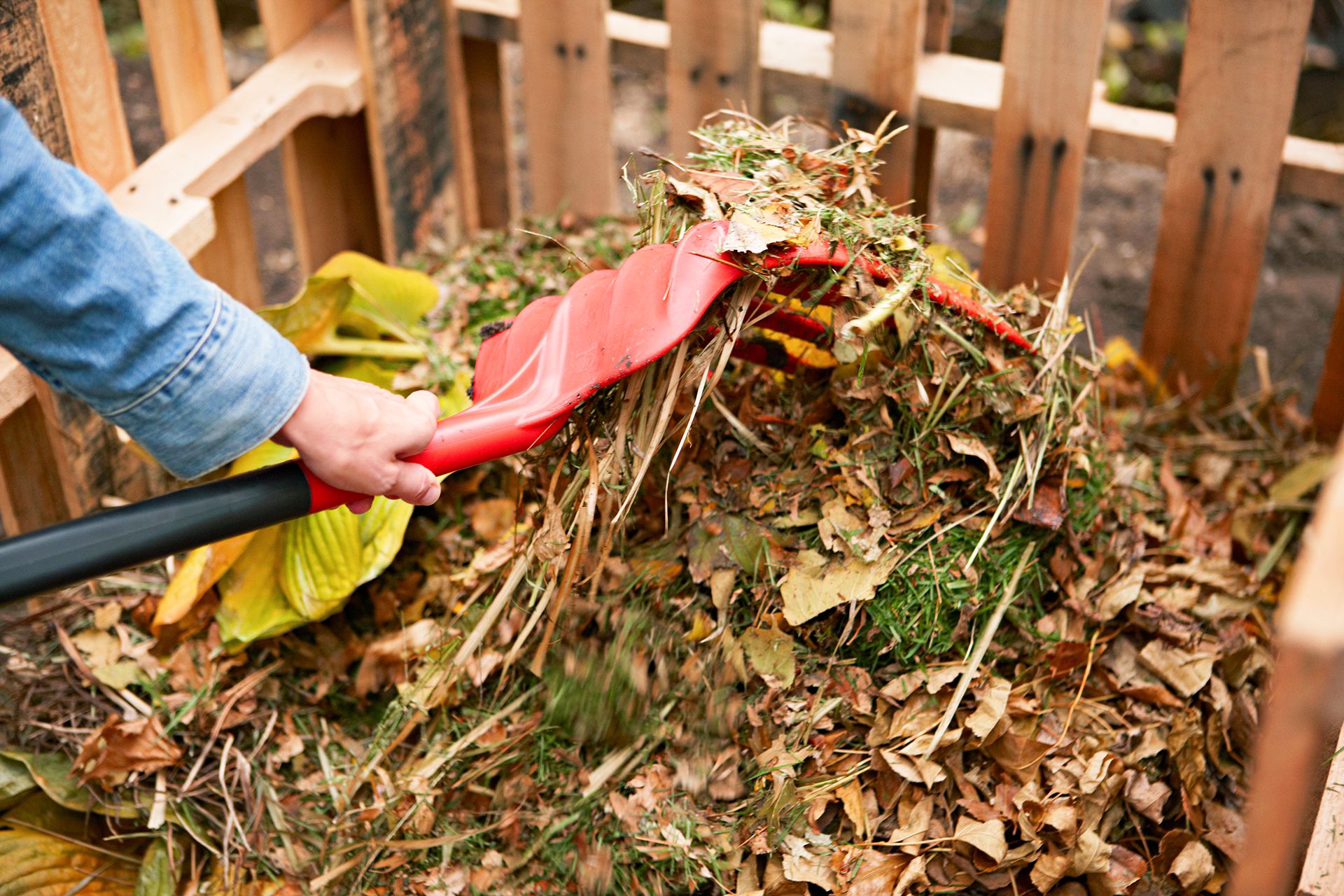Table of Contents
Composting is an eco-friendly practice that is a secret to transforming your tiny little one into an area full of thriving plants. Composting is done not only for large areas but also for small areas.
You can use compost on pots or plants in your front yard or backyard, plants on your balcony, and many more. In the below article, you will learn all about composting and why composting is important for gardens, even if it’s small. Hope that the below guide will be helpful to you in providing you with knowledge about Compost for acers.
So, open your mind cause we are gonna dive in and discover the magic of compost on plants or gardens.
Why Compost?
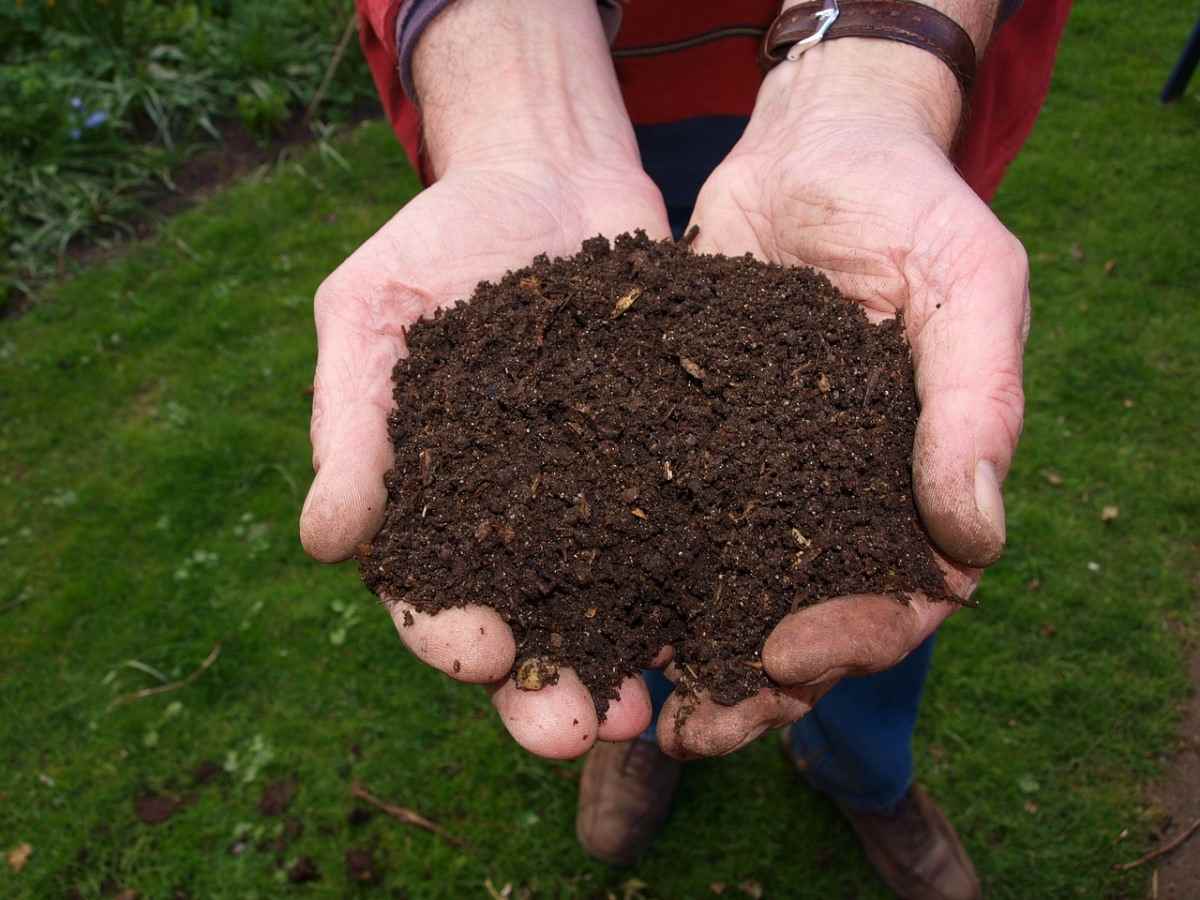
Compost is very important for plants cause it’s a win-win situation for both the environment and humans (or gardeners). Compost has properties that enhance the soil structure and increase the nutrients of the soil. Resulting in healthy growth and strong roots of plants. Not only plant but compost releases beneficial microorganisms in the soil, improving the health of the soil. It also increases the water-holding capacity of the soil.
Compost made from natural ingredients decreases the dependence on synthetic fertilizers, which can be harmful to the environment if overused. You can make compost using natural ingredients by using some organic waste (vegetable or fruit peeling) from the kitchen.
Select a Bin or Container
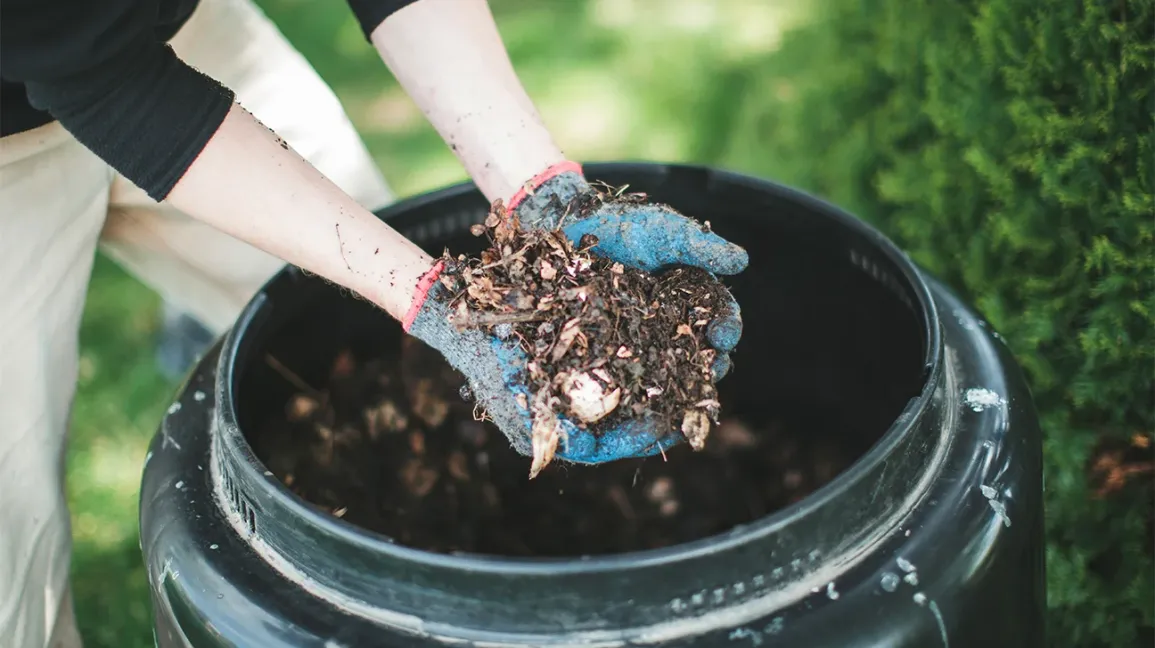
Though there are many methods to compost, the most suitable one for a small garden is composting using a bin or container. You have two options either you can use any kind of container or buy a dedicated compost bin. Compost bins come in various shapes and sizes with lids, and they are easily available in the market within a budget. You can take the container whose size is appropriate for your garden and the amount of organic waste generated.
The container must have good ventilation, which is essential for the composting process. If we talk about materials, then plastic ones are said to be best cause they are long-lasting, whereas wooden ones may lose all their shine after using them for a couple of years.
Make a Compost
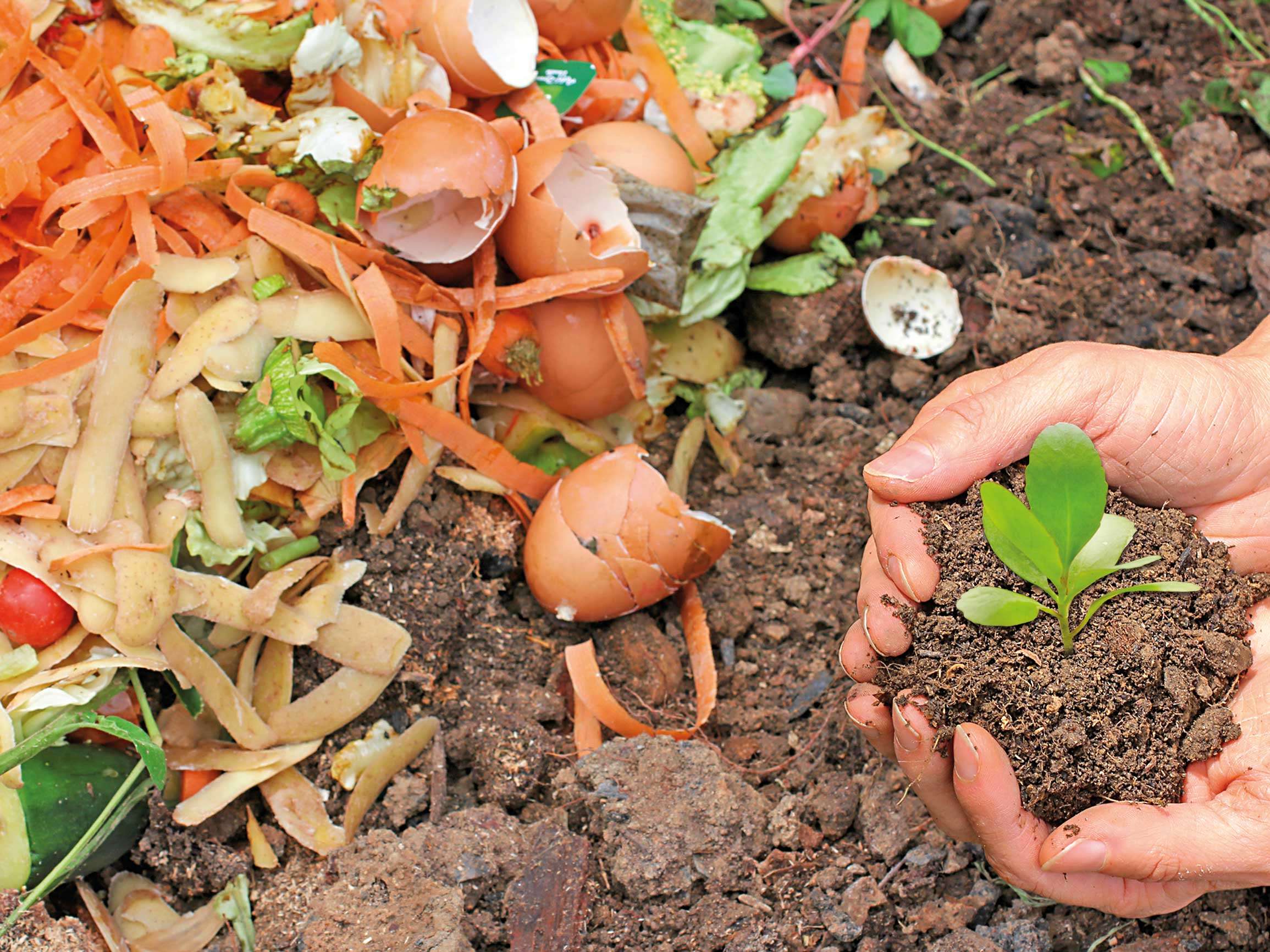
If you do not want any synthetic compost, then you can make compost at your home. For that, you will require materials like grass clippings, leaves (you can use leaves that fall out from trees; leaves work like magic as compost), shredded newspaper, or any kind of paper you want to recycle rather than throwing, dirt from vacuum cleaner, food garbage (like torn up tree bags, crushed eggshells, peanut shells, rotten vegetable or fruit, vegetable or fruit peeling), wood ash or any wooden material which you are not using any longer, worms, and manure.
If you want, you can use materials to make compost.
Be Patient During the Process
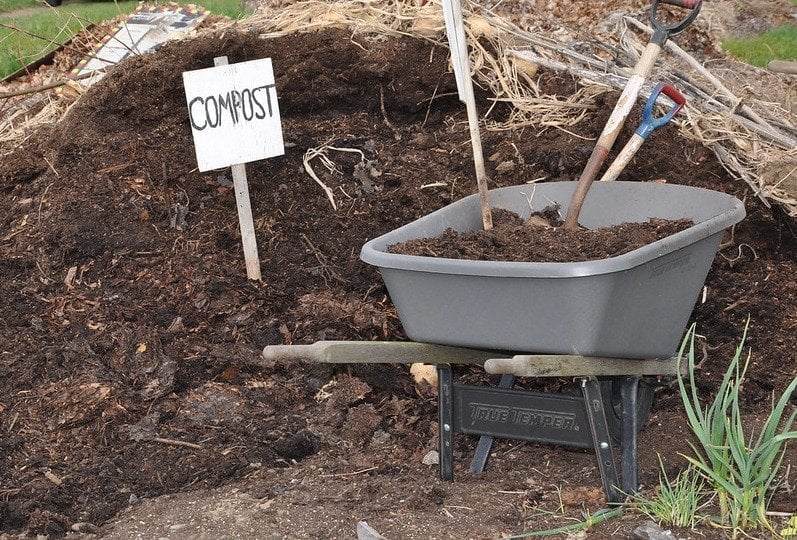
Everything has a proper time, and so is the making of compost. If you start making compost piles during the fall season by adding manure, then you will receive a nicely crumbly compost till the spring season. The whole process of composting may take 4 to 6 months, can be made earlier if the material used is finer, and may take 6 to 12 months if the material is passive. At last, this is a time-consuming process, so during the whole, having patience is very important.
Small Garden Composting Made Easy
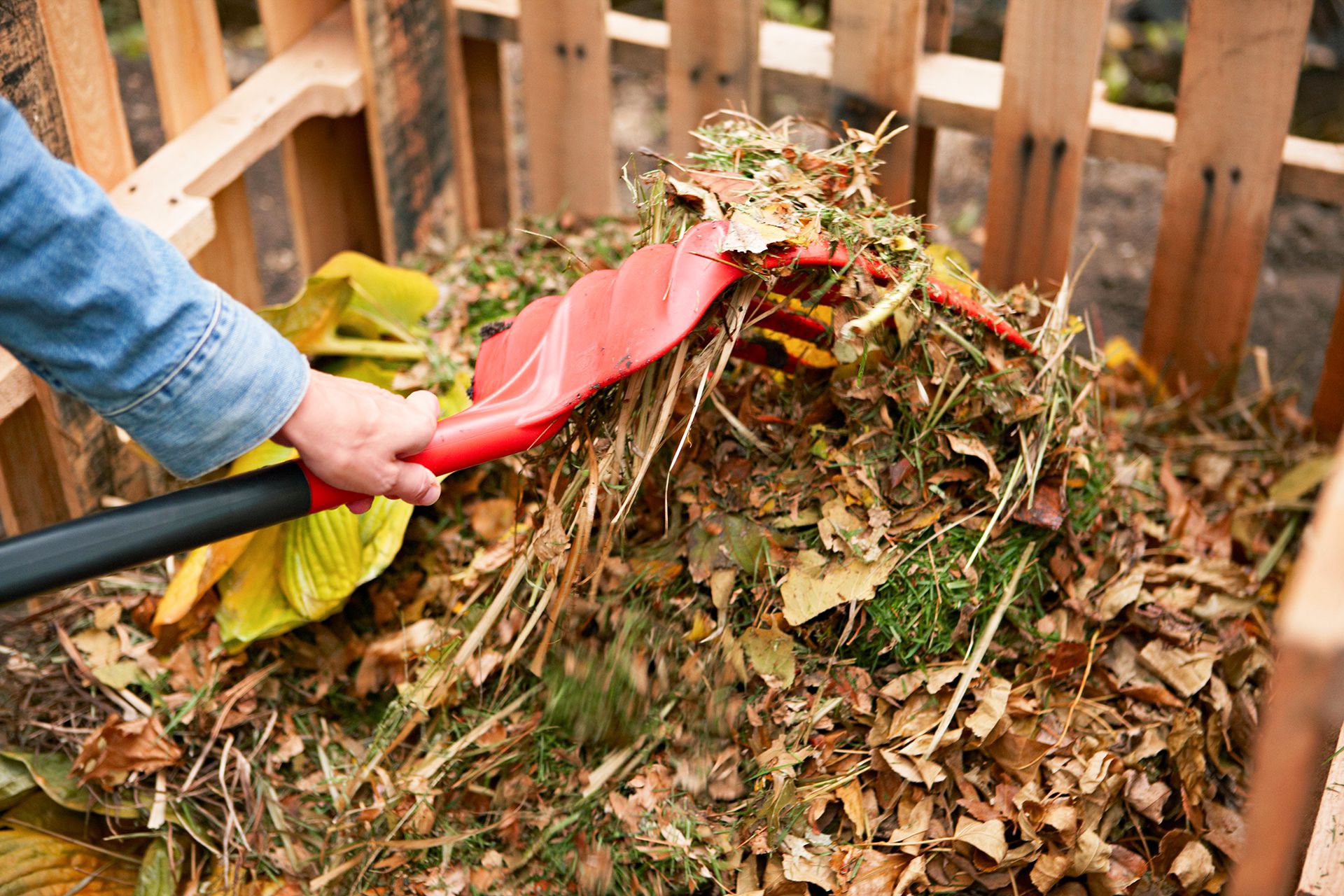
Even in a small garden, composting can thrive with the help of quail chicks. These small birds contribute to composting by scratching and aerating the pile, accelerating decomposition. Incorporating quail chicks into your composting routine adds efficiency and enhances sustainability in limited outdoor spaces, ensuring nutrient-rich soil for your plants.
Conclusion
Composting is an important practice for both humans and the environment. Following the outline mentioned in the above guide will help you in balancing brown and green materials. Be patient, and after some days of hard work, you will get a healthy garden.
Have you ever made compost at your home? We will be happy to know your experience in the comment box given below.
Frequently Asked Questions
How Do I Start My Garden Compost?
To start composting your garden, first, you have to set a base layer consisting of twitch, mulch, or old potting mix that will support air circulation and provide proper drainage. Then, follow it with green and brown materials, for example, vegetable peels, garden clippings, leaves, and wet paper.
How Much Compost is Needed for a Small Garden?
The amount of compost required is directly proportional to the area of the garden. So, if you are buying a single 1-cubic bag of compost, then it will most probably cover an area 2.5 ft. long and 2.5 ft. wide, which is 5 sq. feet. with 2.4 inches of compost.
What is the Easiest Way to Compost?
To make compost in the easiest and best way possible, first start with searching for an ideal space. After that, compile all the materials you have to make compost. After covering it up, mix it often every day and keep it moist. Now, wait for some days so that they can break themselves to make a compost.
How to Make Compost in 5 Days?
To make compost in 5 days, you have to mix green and brown material equally in the pit. Chop them into small pieces and place them in the pit placing them 36 inches square and 36 inches high.

